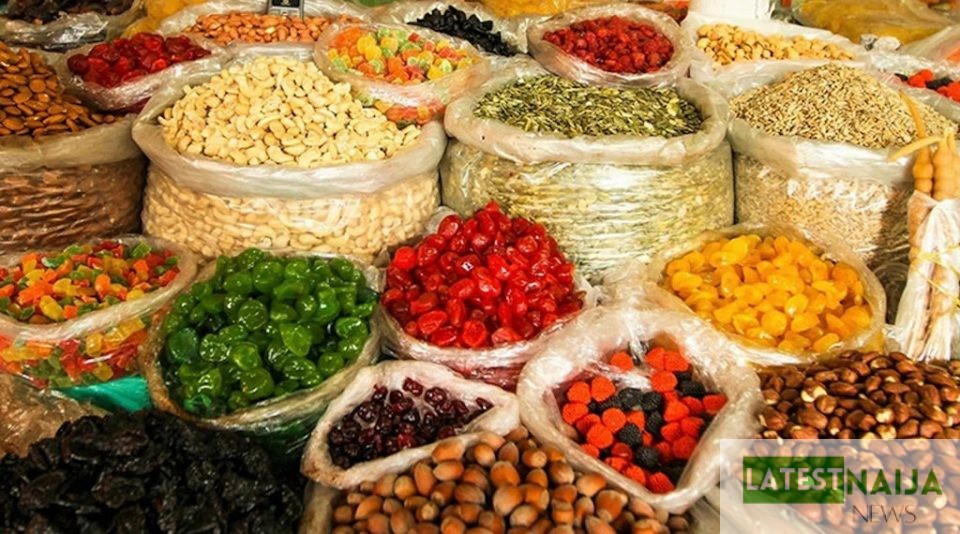The Food and Agriculture Organization (FAO) has issued a dire warning, stating that no fewer than 2.6 million Nigerians residing in Borno, Sokoto, Zamfara States, and the Federal Capital Territory (FCT) may be on the brink of a severe food crisis between June and August 2024.
 In a recent revelation during the presentation of the October to November round of the Cadre Harmonise (CH) food security and early warning analysis, Dominique Kouacou, FAO’s country representative, highlighted the concerning findings. Dr. Abubakar Suleiman, Assistant FAO representative, Programme, delivered the statement on his behalf at the event held in Abuja.
In a recent revelation during the presentation of the October to November round of the Cadre Harmonise (CH) food security and early warning analysis, Dominique Kouacou, FAO’s country representative, highlighted the concerning findings. Dr. Abubakar Suleiman, Assistant FAO representative, Programme, delivered the statement on his behalf at the event held in Abuja.
The CH analysis, which encompassed 26 states and the FCT, aimed to assess the current food security situation and project potential future scenarios. The data paints a bleak picture, with multiple challenges contributing to the impending crisis.
Kouacou emphasized that the current predicament follows an unusually lean agricultural season plagued by various adversities. These challenges include ongoing insecurity issues such as insurgency and banditry, conflicts arising from competition over natural resources, soaring food and agricultural input prices due to high inflation, and severe dry spells that struck certain states immediately after the onset of the rainy season.
Dr. Ernest Umakhihe, Permanent Secretary of the Ministry of Agriculture and Food Security, expressed his concern regarding the findings. The analysis was meticulously conducted and validated by a team of highly skilled professionals over the past two weeks, he noted. Mrs. Fausat Lawal, Director of Special Duties, represented Dr. Umakhihe at the presentation.
Umakhihe acknowledged the daunting nature of the challenges but remained optimistic about the nation’s ability to overcome them. He pointed to various factors exacerbating the situation, including the lingering global economic impacts of the COVID-19 pandemic and the Russia-Ukraine war, which have disrupted food systems and driven up input and food prices.
Additionally, the removal of petroleum subsidies has further heightened pressure, leading to food inflation and rising consumer prices.
Environmental and human factors, such as climate change, insecurity-induced displacements, and seasonal flooding, continue to be recurring concerns. These disruptions have substantial implications for food consumption patterns and have forced a significant portion of Nigeria’s population to adopt irreversible coping strategies.
Umakhihe emphasized the ministry’s unwavering commitment to leading and supporting the CH process in Nigeria. He announced plans to mainstream all 36 states of the country into the CH analysis before the end of 2024, as part of their proactive efforts to address the impending food crisis.
As the nation grapples with these challenges, urgent action and comprehensive strategies are required to avert the impending food crisis and ensure the well-being of millions of vulnerable Nigerians in the affected states.

